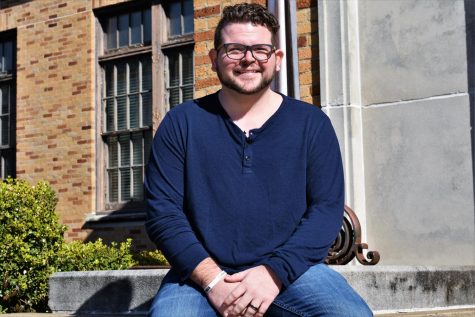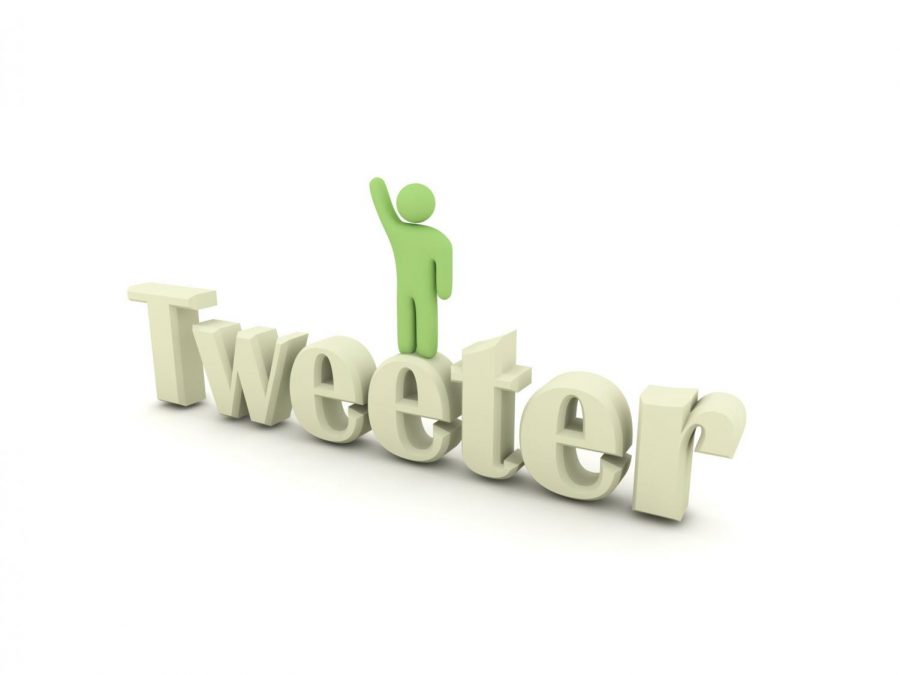Is Twitter Ruining American Journalism?
Earlier this year, the online controversy over the Covington Catholic High School students and a Native American Elder, Nathan Phillips, sparked a significant article written by Farhad Manjoo on whether or not it is wise to take to Twitter, or other popular social media outlets, and express your opinion before all the facts are known.
While visiting Washington, D.C., a group of high school students were videoed supposedly harassing Native Americans who were there for the same event. People then immediately took to social media to make claims and accusations, accusing one student in particular of being racist and of harassment.
One of the primary reasons their actions were immediately perceived as racist is that they were wearing red “Make America Great Again” hats. Many people have tied racist ideologies directly to these hats with the popular slogan of President Trump on them.
As more information filed in, Twitter broke out into an all-out war over whether or not one of the student’s actions were racially or hatefully motivated. Many people said they were, and many people said they were not. It quickly became an opinion war.
Shortly after the event, Farhad Manjoo, who is an opinion writer for the New York Times, wrote a very influential article titled “Never Tweet.” The opening line of the article reads, “The controversy over the Covington students shows why American journalism should disengage from Twitter.”
He goes on to say, “It’s time we journalists all considered disengaging from the daily rhythms of Twitter, the world’s most damaging social network.”
In the article, he discusses how too many people were too quick to take to social media and make accusations. He says, “No one won; in the end the whole thing was little more than a divisive, partisan mess.”
He goes on to say, “The Covington saga illustrates how every day the media’s favorite social network tugs journalists deeper into the rip currents of tribal melodrama, short-circuiting our better instincts in favor of mob- and bot-driven groupthink.”
He then says, “But Twitter isn’t just ruining the media’s image. It’s also skewing our journalism.” His reasoning is that sometimes Twitter journalism is hasty and ill-informed. Many people quickly condemned the Covington student before they knew anything more than what appeared apparent in a viral video.
This is not the first time Twitter has caused an uproar or debate among Americans. President Trump is an avid user of Twitter. There has been much controversy surrounding his Twitter habits. In fact, he has received much criticism for many tweets he has put out since the beginning of his presidential campaign in 2015.
Manjoo eventually goes on to say, “Twitter is not that carefree clubhouse for journalism anymore. Instead it is the epicenter of a nonstop information war, an almost comically undermanaged gladiatorial arena where activists and disinformation artists and politicians and marketers gather to target and influence the wider media world.”
Many civil lawsuits have been launched on the side of the Covington student accused of racism and bigotry. Whether or not the act was hatefully motivated, many people were hurt in the media war over the controversy.

Jonathan Boles is from Possumneck, Miss., and a transfer from Holmes Community College, where he graduated as Valedictorian. He is a nontraditional student,...



